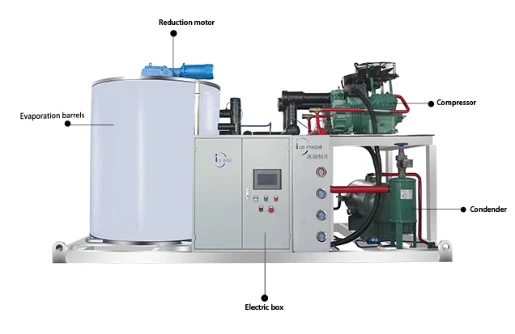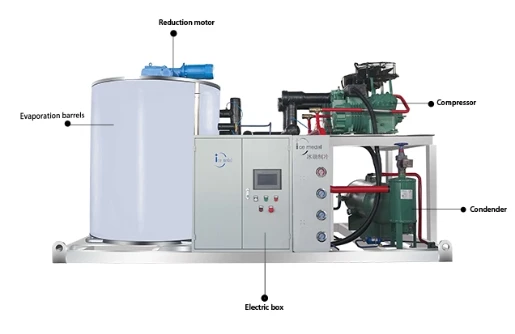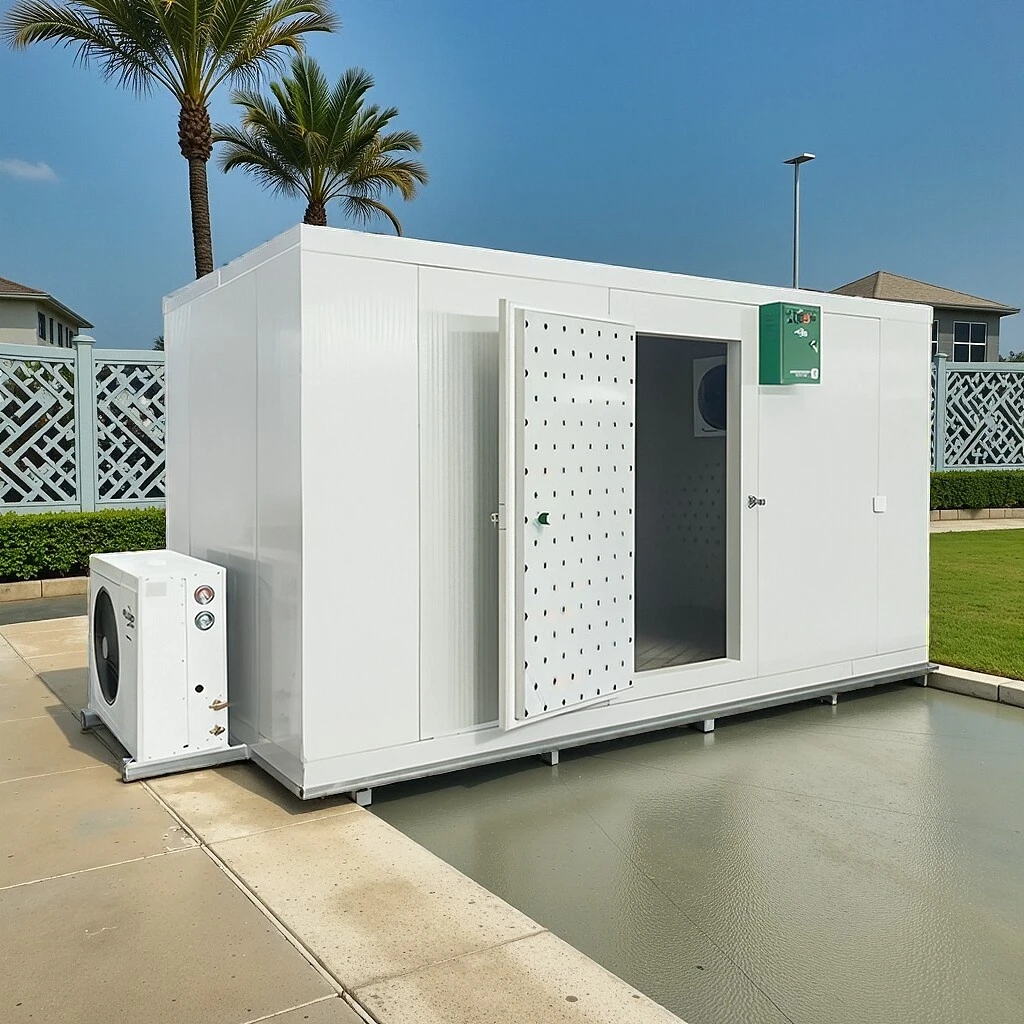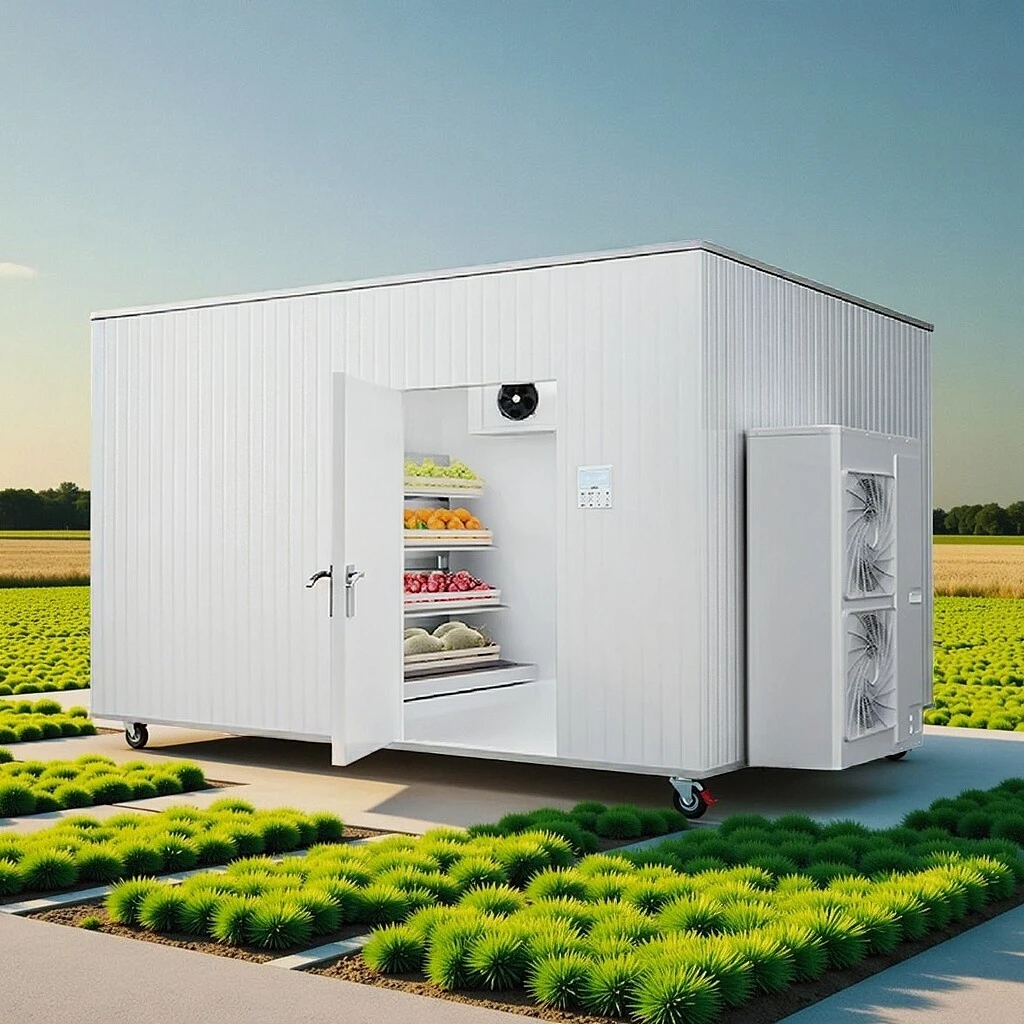Reliable Suppliers for Cold Storage Room Doors to Enhance Your Refrigeration Solutions
The Importance of Cold Room Doors and Choosing the Right Suppliers
In industries such as food processing, pharmaceuticals, and logistics, maintaining appropriate temperature levels is critical for preserving product quality and safety. Cold rooms play a key role in achieving this goal, and one of the most essential components of a cold room is its door. Cold room doors must be reliable, energy-efficient, and suitable for the specific requirements of the intended application. Therefore, selecting the right cold room door suppliers is crucial for the success of any cold storage operation.
Cold room doors come in various designs and materials, catering to different temperature ranges and products. These doors must offer quick access while ensuring minimal heat transfer to maintain the cold environment. There are several types of cold room doors, including hinged doors, sliding doors, and even roll-up doors. Each type has its advantages and is suited to particular operating conditions. When sourcing cold room doors, it is essential for operators to assess their specific needs, including the temperature range, frequency of use, and space constraints.
Choosing the right supplier is vital for ensuring not only the quality of the doors but also the overall functionality and longevity of the cold storage room. Suppliers that specialize in cold room doors typically offer a range of products tailored to diverse industries. This specialization often means they have a deep understanding of the engineering and materials involved, leading to better design and performance.
The Importance of Cold Room Doors and Choosing the Right Suppliers
1. Experience and Reputation Suppliers with a strong track record in the cold storage industry are more likely to provide high-quality products and excellent service. Researching reviews and case studies can yield valuable insights into a supplier's reliability and performance.
cold room doors suppliers
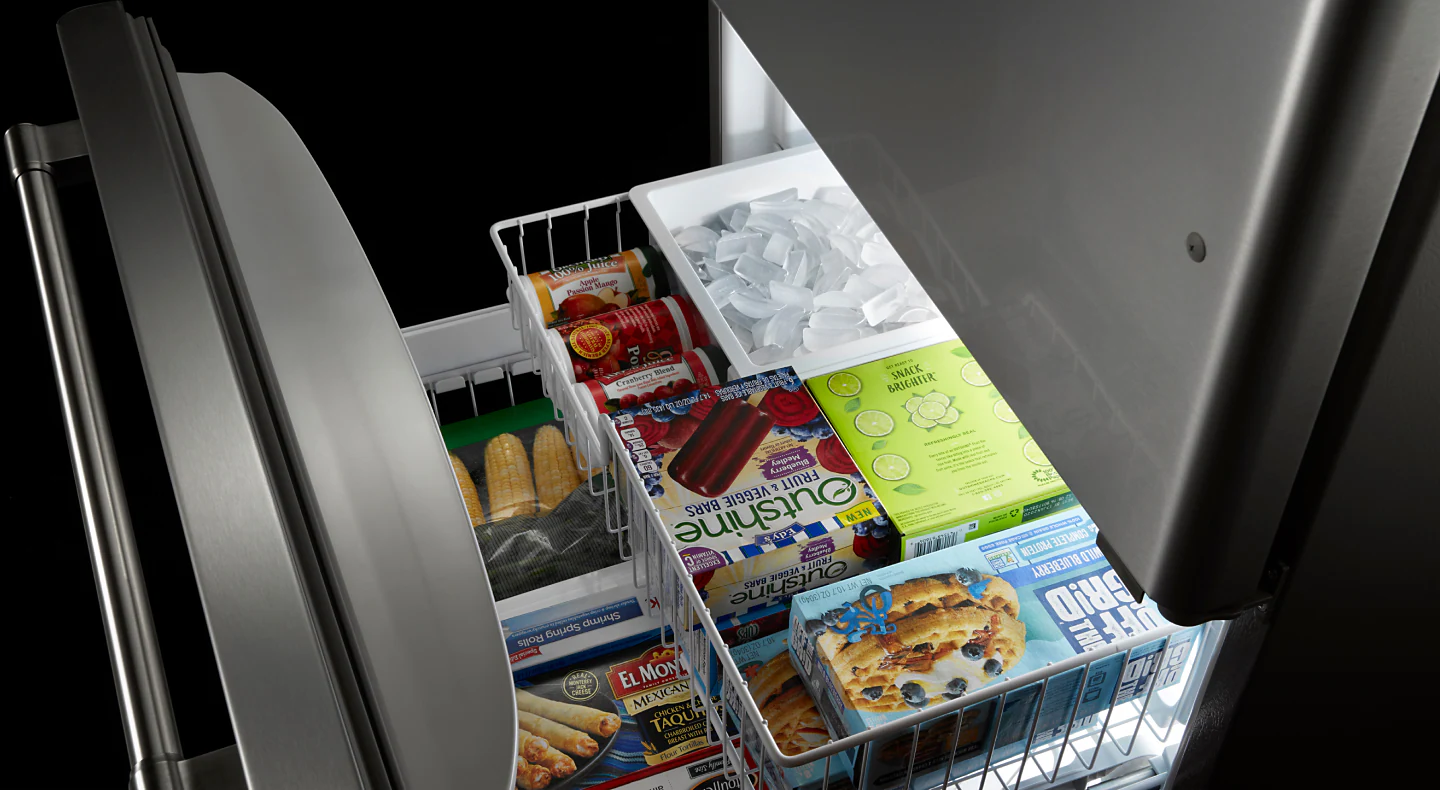
2. Quality of Materials The materials used in manufacturing cold room doors directly affect their thermal insulation properties, durability, and energy efficiency. Suppliers that use high-quality insulation materials and robust construction techniques are likely to offer doors that will last and perform effectively under challenging conditions.
3. Custom Solutions No two cold storage facilities are identical, and therefore, having a supplier who can provide customized solutions is essential. Whether it involves specific dimensions, additional features (like automatic-opening mechanisms), or unique materials, a good supplier will work closely with customers to meet their specific needs.
4. Compliance and Certifications Cold room doors must often comply with various safety and health regulations. When assessing suppliers, check for certifications that demonstrate adherence to industry standards. This compliance is particularly relevant in the food and pharmaceutical sectors, where product safety is paramount.
5. Customer Support and Maintenance Services Reliable post-purchase support can significantly affect the long-term functionality of cold room doors. Suppliers that offer maintenance services, warranties, and quick response times for repairs can help minimize downtime and extend the lifespan of their products.
6. Energy Efficiency Given the rising energy costs and environmental concerns, selecting doors that promote energy efficiency is increasingly important. Suppliers who prioritize eco-friendly designs and materials can help reduce operating costs while contributing to sustainability efforts.
In summary, cold room doors are a critical investment for businesses that rely on maintaining specific temperature conditions. Selecting the right supplier can make a significant difference in operational efficiency, product safety, and overall performance. By considering experience, materials, customization options, compliance, customer support, and energy efficiency, businesses can choose a supplier that aligns with their specific needs and helps them thrive in their respective industries.



